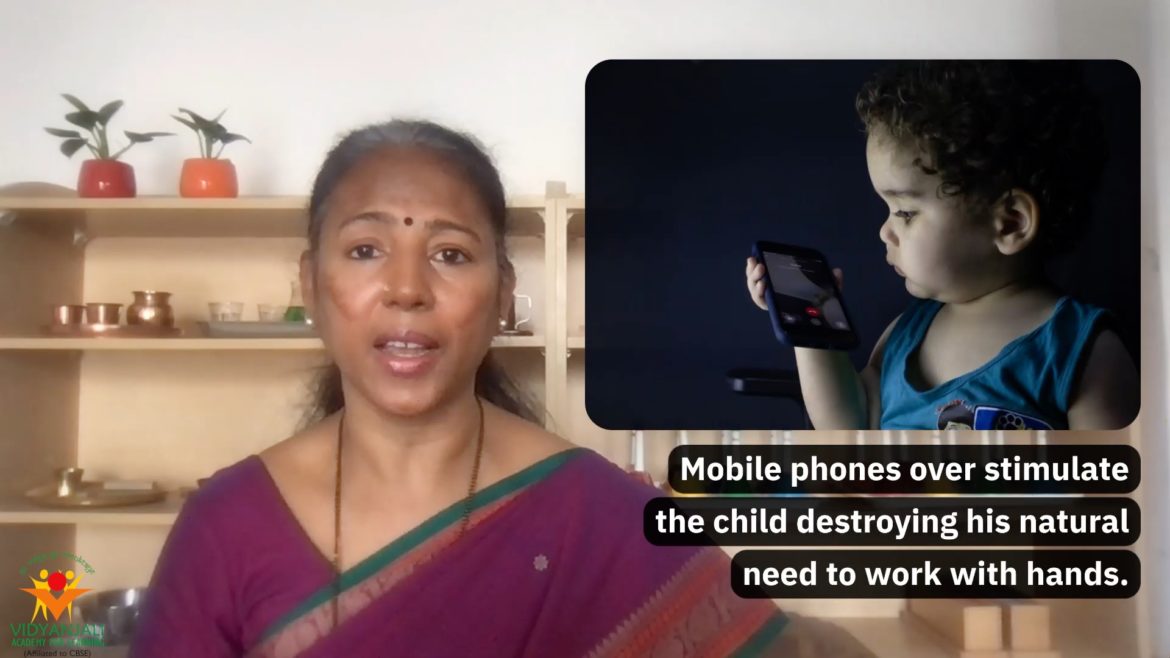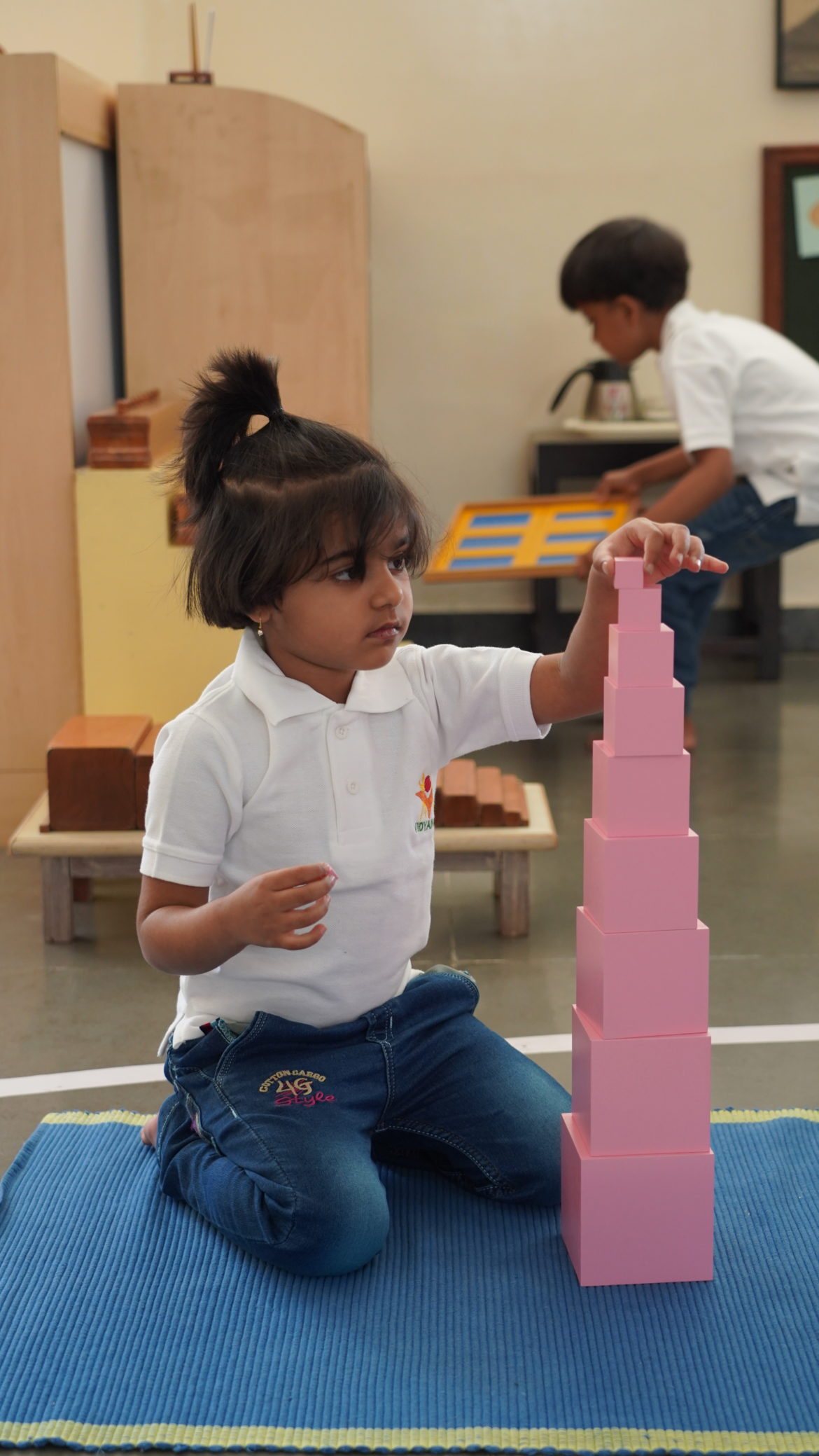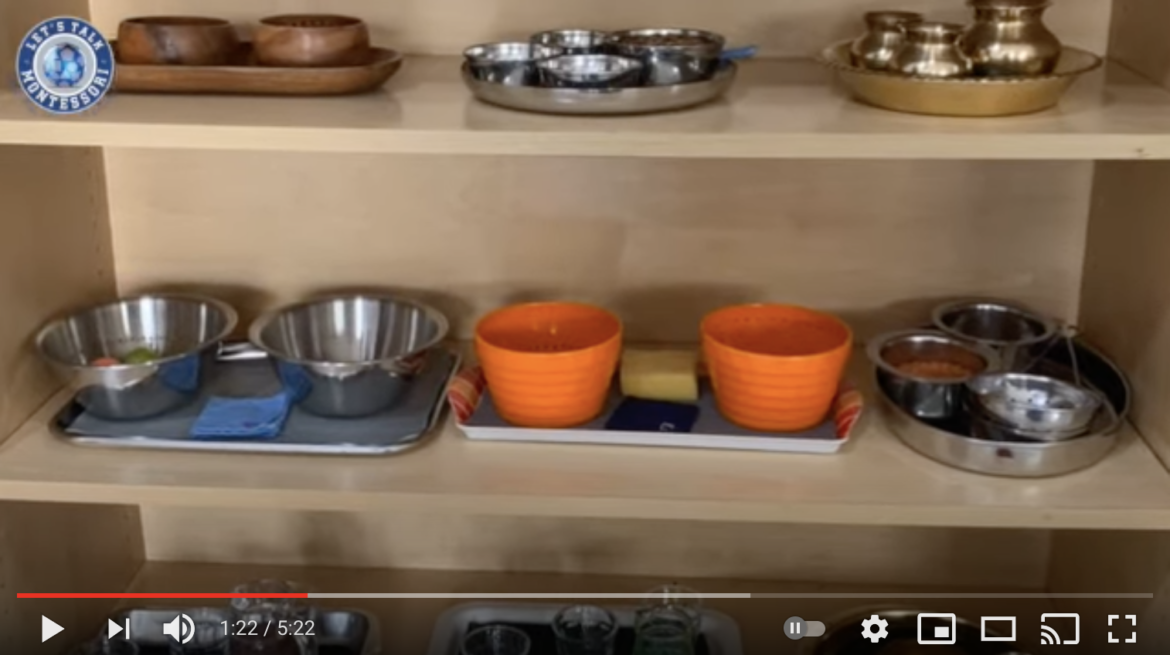Raising Responsible Kids: Age-Appropriate Tasks for Building Independence and Character
Developing responsibility in children is crucial for their growth and success. This guide offers age-appropriate tasks to foster independence and character, from simple chores for toddlers to complex responsibilities for adolescents. Despite the Indian tendency to avoid letting children do small tasks, practical engagement is essential, especially in real-life kitchen activities








